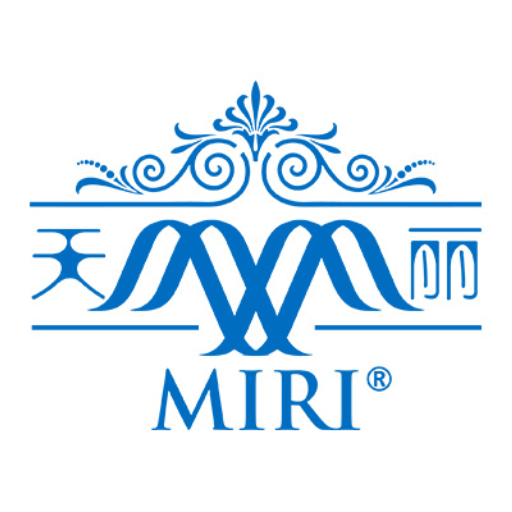Collagen: The Essential Protein for Youthful Health Beyond Skin and Joints
When we think of collagen, most of us immediately picture smooth, youthful skin and flexible joints. While these are indeed two of collagen’s most well-known benefits, this remarkable protein plays far more critical roles throughout our bodies than many of us realize. In this comprehensive guide, we’ll explore the science behind collagen and discover why it’s truly essential for overall health and vitality at every stage of life.
What is Collagen and Why Do We Need It?
Collagen is the most abundant protein in the human body, making up approximately 30% of our total protein content. Often called the “glue” that holds our bodies together, it provides structure and support to our skin, bones, tendons, ligaments, muscles, and even our internal organs. There are at least 16 different types of collagen, with Types I, II, and III being the most common in the human body.
Unlike other nutrients that we consume primarily for energy or specific metabolic functions, collagen serves as a fundamental building block for our physical structure. As we age, our natural collagen production declines—beginning as early as our mid-20s—leading to visible signs of aging and decreased physical function. This decline affects us both internally and externally, which is why maintaining healthy collagen levels is crucial for long-term health.
The Hidden Benefits of Collagen for Internal Health
While most collagen discussions focus on external appearance, this protein offers significant benefits that extend far beyond skin deep. Research has shown that collagen plays a vital role in gut health by helping to maintain the integrity of the intestinal lining. This is particularly important for those with conditions like leaky gut syndrome or inflammatory bowel disease.
Collagen also supports cardiovascular health by providing structure to blood vessels and arteries. Studies indicate that collagen peptides may help reduce blood pressure and improve arterial stiffness. Additionally, collagen contains glycine, an amino acid that plays a crucial role in liver detoxification and supports proper sleep quality by regulating body temperature and promoting deeper sleep cycles.
Natural Ways to Boost Your Body’s Collagen Production
Before reaching for supplements, there are several natural strategies you can implement to support your body’s collagen production:
First, focus on consuming collagen-boosting nutrients. Vitamin C is essential for collagen synthesis, so include plenty of citrus fruits, bell peppers, and leafy greens in your diet. Copper and zinc are also important minerals for collagen formation, found in foods like nuts, seeds, and shellfish.
Amino acids are the building blocks of collagen, so ensure adequate protein intake from sources like bone broth, fish, poultry, and plant-based proteins. Bone broth, in particular, is rich in collagen and amino acids that support joint health and digestion.
Finally, protect your existing collagen by minimizing sun exposure (which breaks down collagen), avoiding smoking, and managing stress levels. Chronic stress increases cortisol, which can accelerate collagen breakdown.
Collagen Supplementation: Making the Right Choice
For those looking to boost their collagen intake through supplementation, it’s important to understand the differences between the various types. Hydrolyzed collagen peptides are broken down into smaller molecules that are easily absorbed by the body, making them an excellent choice for general health benefits.
When choosing a collagen supplement, consider factors like source (bovine, marine, or chicken), type (I, II, or III), and quality. The Miri Collagen Protein supplement is designed to provide high-quality hydrolyzed collagen that supports skin elasticity, reduces acne and wrinkles, and strengthens hair, nails, and joints.
For those specifically concerned about skin brightening and reducing dark spots, the Miri Rose Whitening product contains ingredients that boost natural collagen production while also inhibiting melanin formation for a more radiant complexion.
Incorporating Collagen Into Your Daily Routine
Adding collagen to your daily routine doesn’t have to be complicated. Collagen peptides are virtually tasteless and dissolve easily in both hot and cold liquids, making them simple to incorporate into your diet. Try adding a scoop to your morning coffee, smoothie, or oatmeal. You can also use collagen-infused recipes like soups, sauces, and baked goods.
For topical benefits, look for skincare products that contain collagen-boosting ingredients like retinol, vitamin C, and peptides. These can help stimulate your skin’s natural collagen production while providing external support.
Conclusion: Embracing Collagen for Lifelong Health
Collagen is far more than just a beauty buzzword—it’s a fundamental protein that supports our body’s structure, function, and resilience. By understanding its importance and taking steps to maintain healthy collagen levels, we can support everything from our skin and joints to our gut health and cardiovascular system.
Whether through nutrient-dense foods, targeted supplementation, or lifestyle practices that protect our existing collagen, there are numerous ways to harness this remarkable protein’s benefits. As research continues to uncover new applications for collagen supplementation, one thing remains clear: prioritizing collagen health is an investment in your overall well-being that will pay dividends for years to come.
